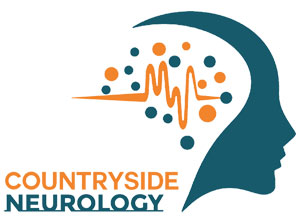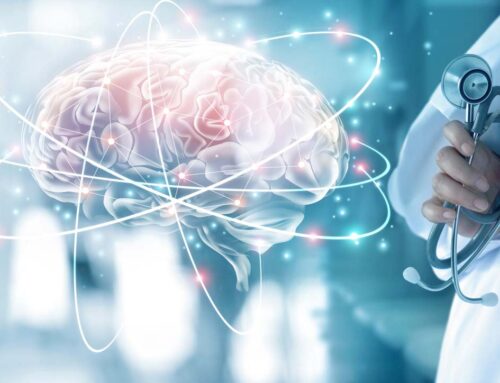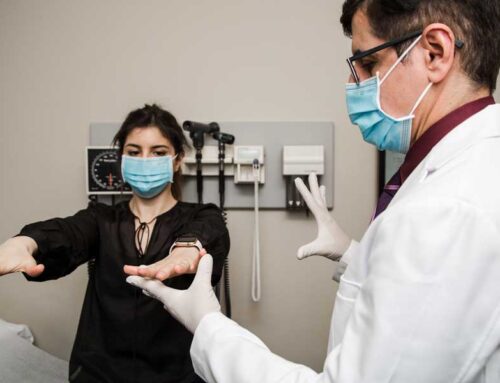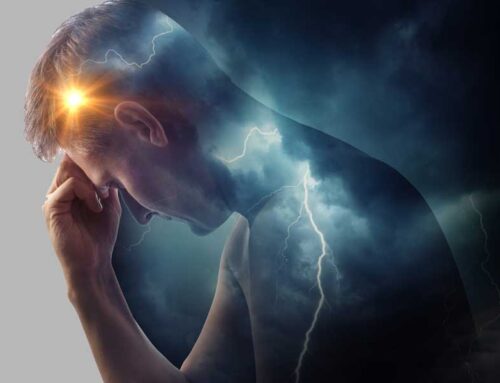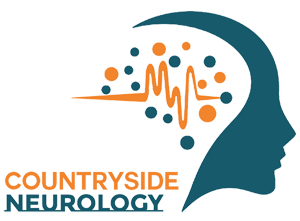When someone feels sad or down for a long time, they may have something called depression. Depression can make it hard to enjoy things or feel happy. Sometimes, doctors prescribe medicines to help people with depression feel better. These medicines can be helpful, but they can also have some side effects.
Transcranial Magnetic Stimulation, or TMS for short, is another way to treat depression. It uses a special machine that sends magnetic pulses to the brain. These magnetic pulses help to stimulate the parts of the brain that are not working properly in people with depression.
One big benefit of TMS is that it doesn’t involve taking any medicines. Some people may prefer this because they don’t like the idea of taking pills every day. TMS also doesn’t have the same side effects as medicines. Sometimes, medicines can cause things like upset stomach, drowsiness, or changes in appetite. With TMS, you don’t have to worry about those side effects.
Another benefit of TMS is that it’s a non-invasive treatment. That means it doesn’t require any surgery or cutting into the body. You simply sit in a chair, and a special device is placed on your head. It’s a bit like wearing a helmet. Then, the machine sends gentle magnetic pulses to your brain. It’s painless and doesn’t hurt at all.
TMS is also a targeted treatment. This means it focuses on specific areas of the brain that are responsible for mood regulation. By stimulating those areas, it can help improve the symptoms of depression. Medicines, on the other hand, affect the whole body and can have effects on different systems.
It’s important to remember that TMS may not work for everyone, and it’s always good to talk to a doctor about the best treatment option for you. But for some people, TMS can be a helpful alternative to medicines for treating depression.
Contact Countryside Neurology at 727-712-1567 to learn more about TMS therapy and schedule an initial consultation.
Sources:
ChatGPT
